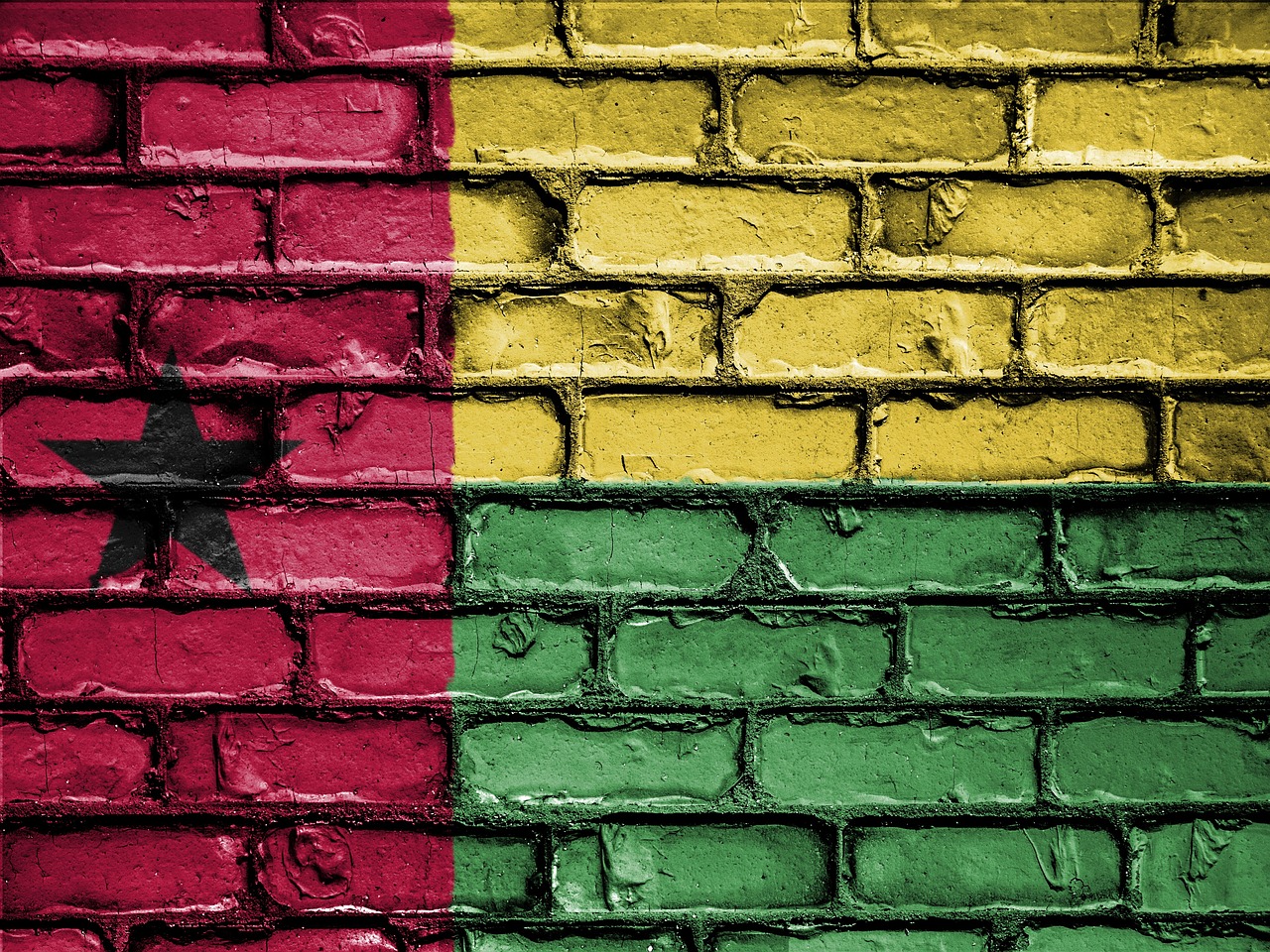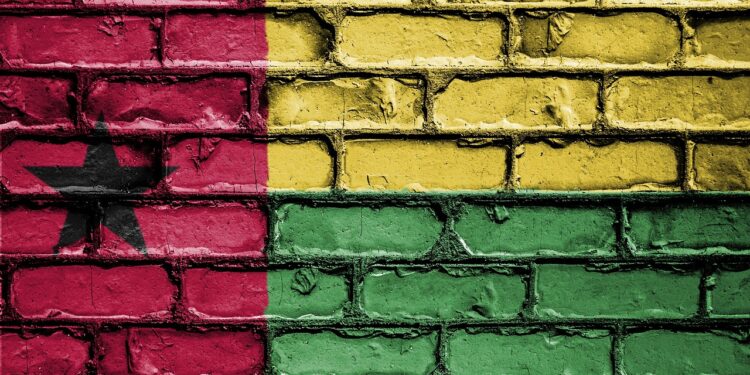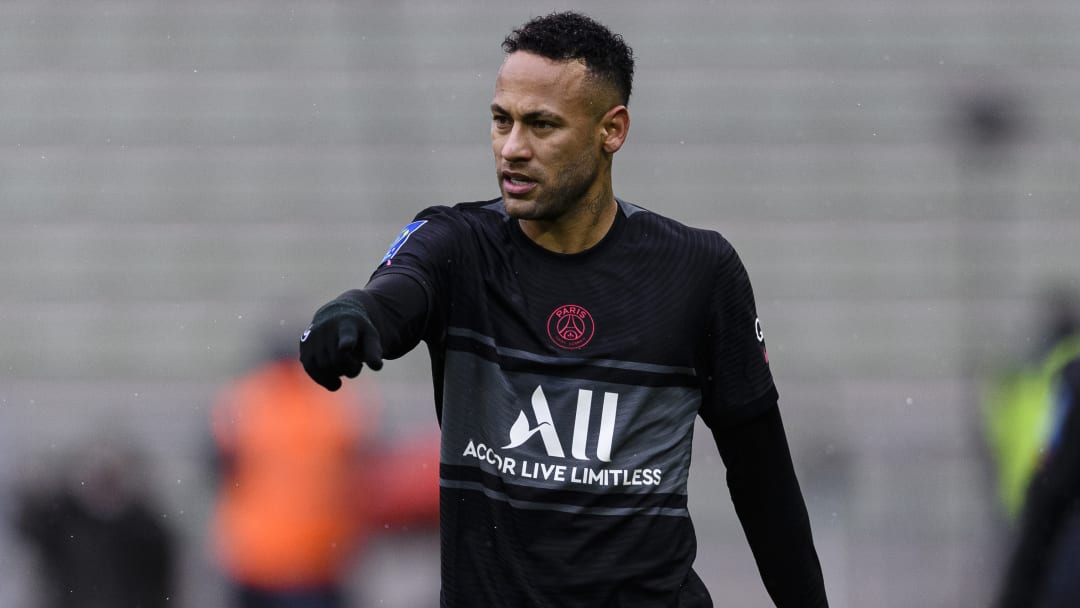In a swift consolidation of power that has thrown the nation into uncertainty, Army General Horta N’Tam was sworn in as Guinea-Bissau’s new head of state on Thursday, just one day after military forces seized control of the government in an apparent coup.
The general’s ascension to transitional president for a one-year term, formalized in a brief, muted ceremony at army headquarters, follows 24 hours of chaos that saw borders closed, a curfew imposed, and the suspension of a hotly contested presidential election whose results were scheduled for release Thursday.
The military’s “High Command” has justified its power grab by claiming it acted to thwart a destabilization plot by politicians backed by a “well-known drug baron,” though they provided no evidence. The move has been met with deep skepticism, with prominent civil society groups accusing ousted President Umaro Sissoco Embaló of orchestrating a “simulated coup” to prevent an electoral defeat.

The international community, including the African Union and ECOWAS, has expressed “deep concern” over the military’s disruption of what observers had called an “orderly and peaceful” electoral process. The unfolding crisis marks the latest violent power shift in a country that has witnessed nearly a dozen coups or attempts since its independence.
Why It Matters
The general’s swift inauguration behind army walls confirms what many suspected: that this was a pre-planned operation, not a spontaneous intervention to save democracy.
The military’s vague justification about stopping shadowy “drug barons” is the oldest excuse in the book for a power grab in a nation long plagued by narco-politics. That civil society groups are openly calling this a “simulated coup” by the ousted president himself reveals just how cynical and orchestrated this crisis appears to be.
While generals exchange salutes in their headquarters, Guinea-Bissau’s two million people are once again caught in the crossfire of a power struggle that has more to do with controlling drug routes than governing a nation. The international community’s “deep concern” will do little to change the fact that in Guinea-Bissau, the gun has once again proven mightier than the ballot.

















